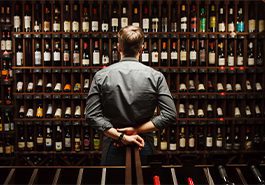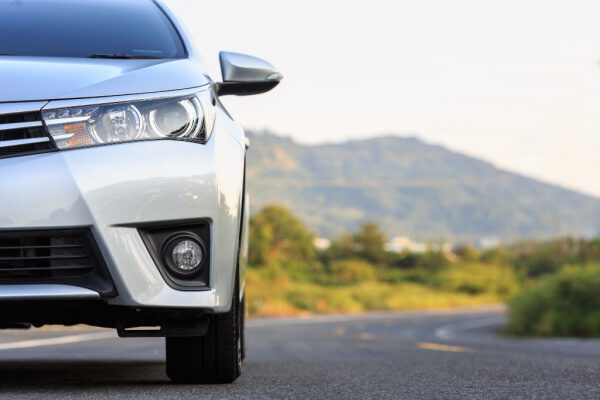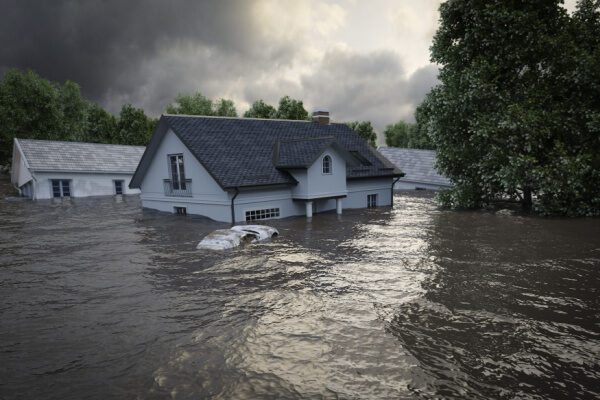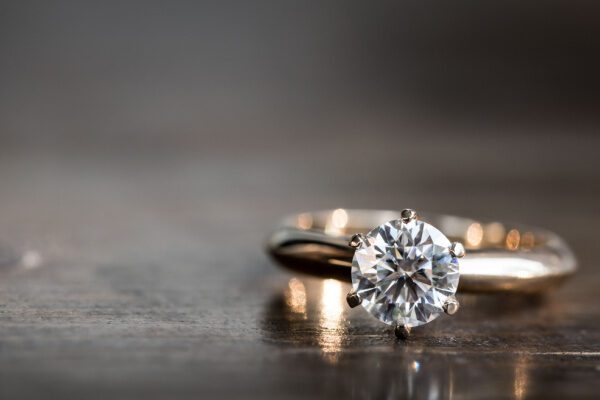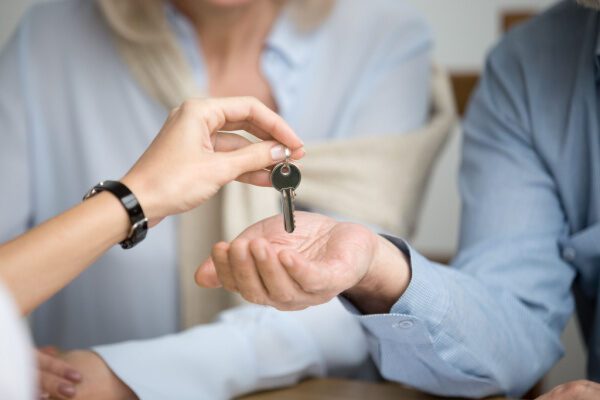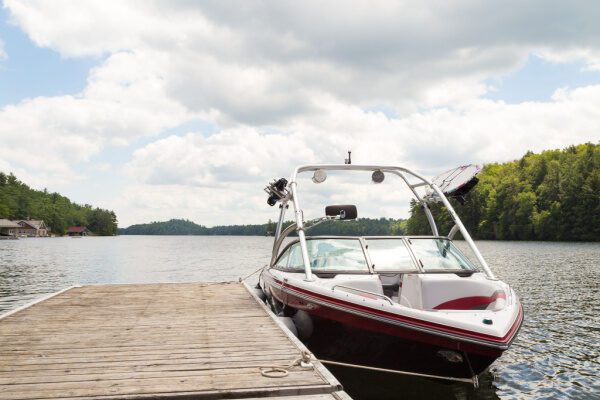Storage Recommendations
Whether you house a collection in your home or in a storage facility, consider the following recommendations to reduce damage to your wine:
- Do not store chemicals, paint, or odor-producing materials near your collection. These items can permeate through the cork and spoil the wine.
- Do not store wine near heaters or sunlight, or in areas that are susceptible to flooding, such as beneath a bathroom or laundry room. Also, avoid placing wine in areas of the home that are beneath or next to a home theater which causes excess vibrations.
- Store wine at 55º F. The humidity in a wine storage should also be 65 to 75 percent. Anything above or below that amount can damage the label or cork.
- Install an alarm that warns against theft, temperature changes, and moisture. When selecting an alarm, purchase one that sends a message directly to your mobile device.
Frequently Asked Questions
Does my homeowner’s insurance cover my collection?
No. Most standard homeowner’s contracts do not have special sub-limits of coverage for wine or fine spirits.
Is ullage covered?
In simple terms, ullage is the gap of air between the wine and the top of the container that it is in. It can also refer to the process of evaporation that creates the gap. If a container is not completely air-tight, oxygen can slowly seep into this space. Excessive amounts of oxygen can lead to oxidation and other various wine faults. Ullage is not a standard peril of coverage on a stand-alone valuable articles policy.
If I live in a catastrophe prone area, such as Florida or California, am I covered for earthquakes, hurricanes or wildfires?
Each risk is underwritten on an individual basis. Living in a catastrophe-prone area of the country (or world) doesn’t automatically preclude your collection from coverage. However, a special deductible (usually a percentage of the total coverage amount) may apply to special perils of coverage, such as earthquake or “wind” (i.e. hurricane). Regardless, have an evacuation plan in place for your collection before the disaster occurs.
Am I covered for open bottles?
No. Once you open and begin to enjoy a bottle, coverage no longer applies.
Do I need central burglar, fire, and temperature alarms?
Depending upon the size and location of your collection, a centrally monitored burglar/fire/temperature alarm system may be required. Just like any other asset, we recommend you take extra precautions to protect it from loss.
Do I need an appraisal?
Professional appraisals are not always necessary. A detailed itemized list can sometimes suffice. Usually, the larger and more complex the collection, and higher per bottle amounts, periodic appraisals are a good idea to benchmark value and adjust coverage, if necessary.
What if I experience an extended power outage?
We always recommend you have a backup plan in place for a disaster or power outage. Have a generator that can keep climate control in place for several days or weeks. Even if the majority of your collection will be stored at home, consider opening an account with a climate-controlled and secure storage facility. Store a small number of your bottles there with the option to include more if necessary.
How else can the Horton Private Client Group help me?
The Horton Private Client Group is a trusted advisor to successful individuals and families. We analyze risk and recommend personal insurance programs to mitigate the potential of financial loss. We achieve this through discussion, education, and goals-driven risk management solutions with our carrier partners.
Although we certainly can place stand-alone coverage for your wine or fine spirits collection, we also work with sophisticated insurance carriers, such as Chubb, AIG, PURE, Nationwide Private Client, The Cincinnati Insurance Company, and Berkley One to provide tailored solutions for all lines of coverage. This includes, but is not limited to: Homeowners, Condo-owners, Automobile, Excess Liability/Umbrella, Watercraft, Cyber, and many more….


